Tech for SDG: SenseCAP LoRaWAN Devices Deployed to Monitor Carbon Sequestration in Liberia’s Rainforest
By Kezang Loday 6 months agoThe Forestry Training Institute (FTI) of Bomi County, Liberia has partnered with OPEN and the University of Maryland’s Department of Atmospheric and Oceanic Sciences to deploy a network of greenhouse gas monitoring sensors and weather stations in a rainforest outdoor laboratory adjacent to the main FTI campus grounds. This initiative addresses the UN’s SDGs climate challenges by aiming to collect real-time data on CO2 and Greenhouse Gas (GHG) while educating future forestry professionals enrolled in the FTI education program with a living laboratory real-world field study. Exemplifying a commitment to global climate action, SenseCAP sensors provide crucial insights supporting environmental conservation research and sustainable practices in rainforest ecosystems.
- Solution: LoRaWAN Solution to monitor climate and greenhouse gas data in rainforests for climate research
- Participating Partners: One Planet Education Network (OPEN), Forestry Training Institute (FTI), University of Maryland, and OPEN project partners – Helium Foundation, Ubidots, and Hitechdb
- Seeed Products used: SenseCAP S2103 LoRaWAN CO2, Temperature, and Humidity Sensors, SenseCAP S2120 LoRaWAN 8-in-1 Weather Station, SenseCAP M1 LoRaWAN Indoor Gateway
- Industry: Conservation Research
- Solution Deployed in: Bomi County, Liberia
Liberia forests represent over half of the remaining rainforests in West Africa among which the Upper Guinea Forest in Liberia is home to vast biodiversity, and has the capacity to store millions of tons of carbon. Although they are protected, this wide range of plants and animals are also threatened by high rates of deforestation over the past few decades losing 100,000 hectares of natural forest in 2021 according to a report by the Global Forest Watch.
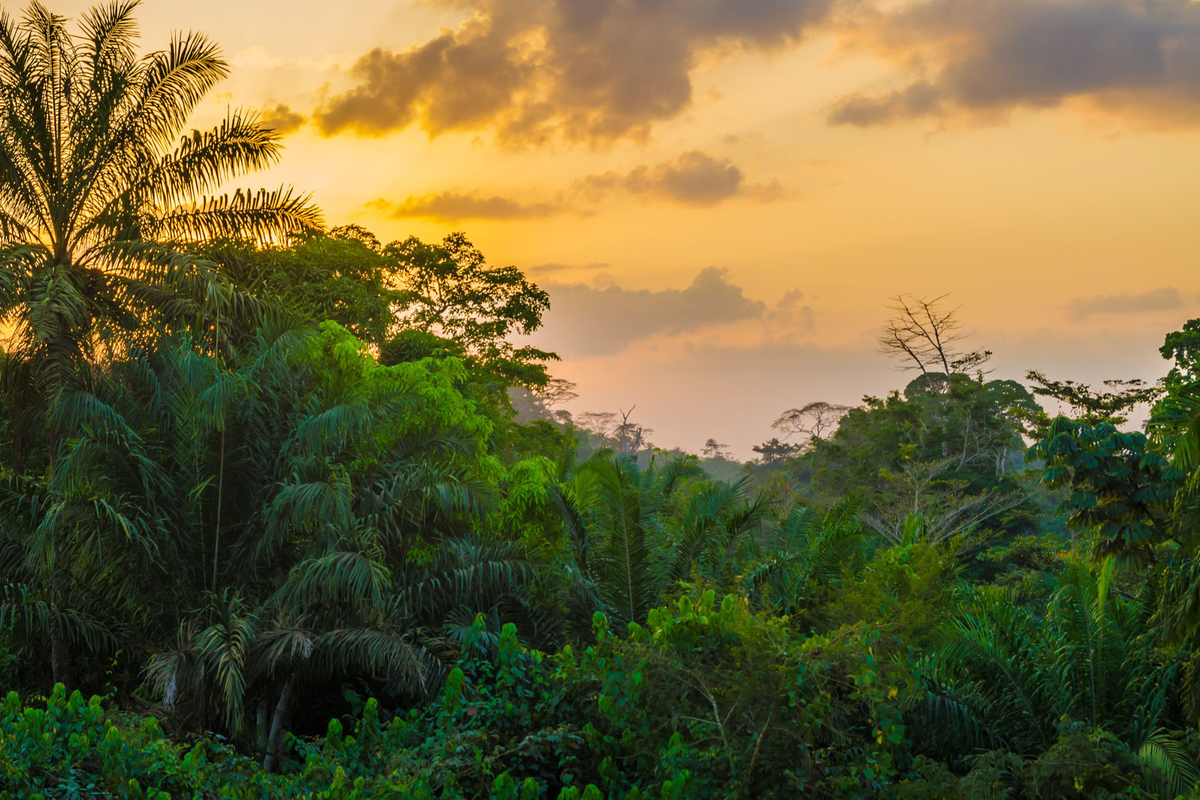
To preserve the rainforests and the biodiversity of native species, several international organizations are leading projects intending to apply smart sensing technologies to monitor the rainforests in real time in a variety of locations and habitats. Seeed Studio’s partner, One Planet Education Network (OPEN) is one of those organizations. OPEN is continually adding to its repository of environmental and climate data from many locations across Africa and around the world. Again utilizing Seeed Studio sensors, OPEN is also beginning to measure CO2 sequestration in farm soils on smallholder farms in West Kenya, Jamaica, and soon Hawaii, as well as within forests in other countries, such as Nigeria and the DRC.
The Forestry Training Institute (FTI) is a leading technical school in the West Africa Region that supports forestry management and monitoring via educational and training programs for forest rangers and other natural resource professionals in both government and non-government sectors. The FTI administration views the rich biodiverse forests of Liberia as a critical resource for the country that directly and indirectly affects the livelihoods of millions of Liberians. So the preservation and sustainable management of this precious resource is one of the main goals of FTI’s education programs in training the next generation of forestry professionals.
FTI also implements many community engagement programs in forest management, including conservation forestry, forest monitoring, and climate change management. FTI intends to lead the way in forestry and ecosystem restoration while taking a leadership role in climate change research through the utilization of new IoT and related monitoring systems.
Challenges
Data such as carbon stocks, emissions, climate data, and geospatial data is critical for evidence-based decision-making, monitoring forest health and biodiversity, and implementing climate change mitigation in forest management processes. However, obtaining accurate and reliable data for forest management in Liberia is challenging due to limited infrastructure and resources, including funding and technical capacity. The inaccessibility of remote forest areas, weak institutional capacity, limited data sharing and transparency, security and governance challenges, as well as the absence of historical data and long-term monitoring, further contribute to the difficulty in acquiring comprehensive forest management data in Liberia, West Africa, and many other important sites around the world, most notably the DR Congo and Brazil.
In alignment with its ongoing educational and training programs, the Forestry Training Institute (FTI) in Liberia faced challenges associated with measuring and tracking CO2 and Greenhouse Gas (GHG) emissions in the country’s rainforests. The diverse ecosystem in Bomi County required careful observation, and the project aimed to address the critical need for accurate data on carbon sequestration.
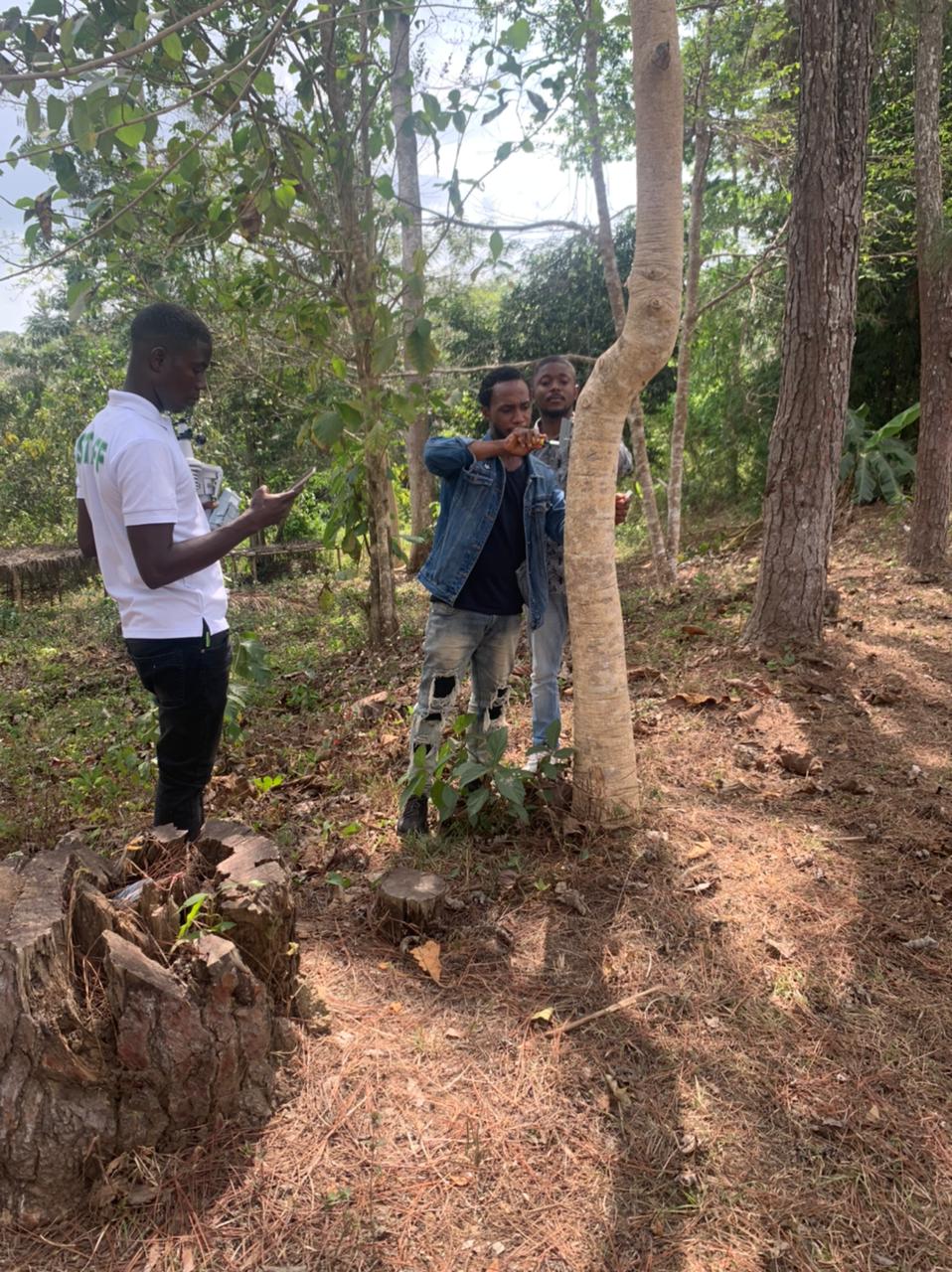
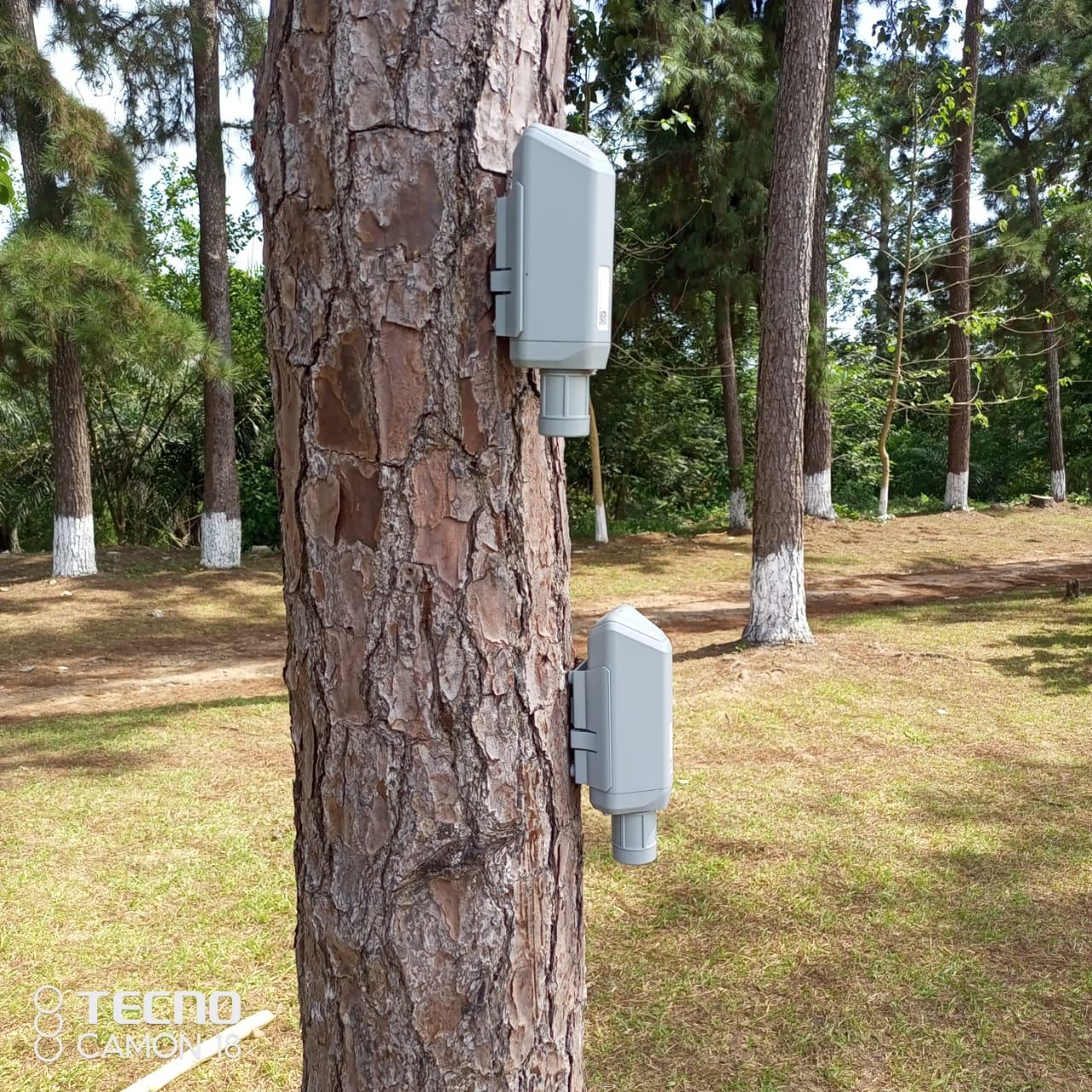
Installation of SenseCAP sensors
Solution
To better monitor and measure climate data, CO2, and other Greenhouse Gases (GHGs) to support Climate Research in rainforests in Liberia, the Forestry Training Institute (FTI) in Liberia collaborated closely with one of our long-time partner, One Planet Education Network (OPEN). OPEN’s team with the support of the most capable and helpful IT staff of FTI (Muana M. Ballah, Charles Gamys, and Danny T.J. Smallwood) recently deployed a testbed of three SenseCAP S2103 LoRaWAN CO2, Temperature, and Humidity Sensors and one SenseCAP S2120 LoRaWAN 8-in-1 Weather Station to measure greenhouse gas emissions around the campus of FTI in Bomi, Tubmanburg, Liberia as a pilot project.
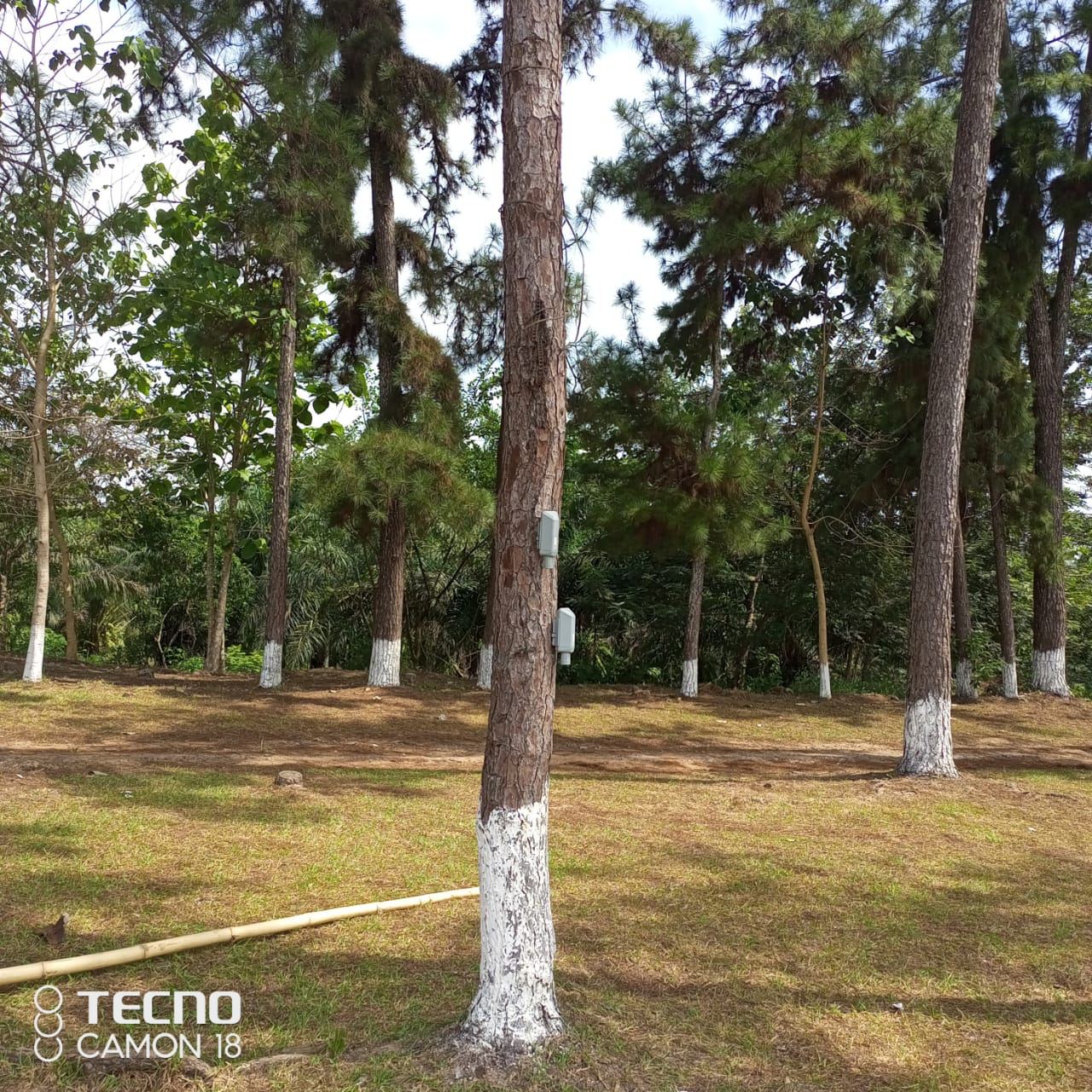

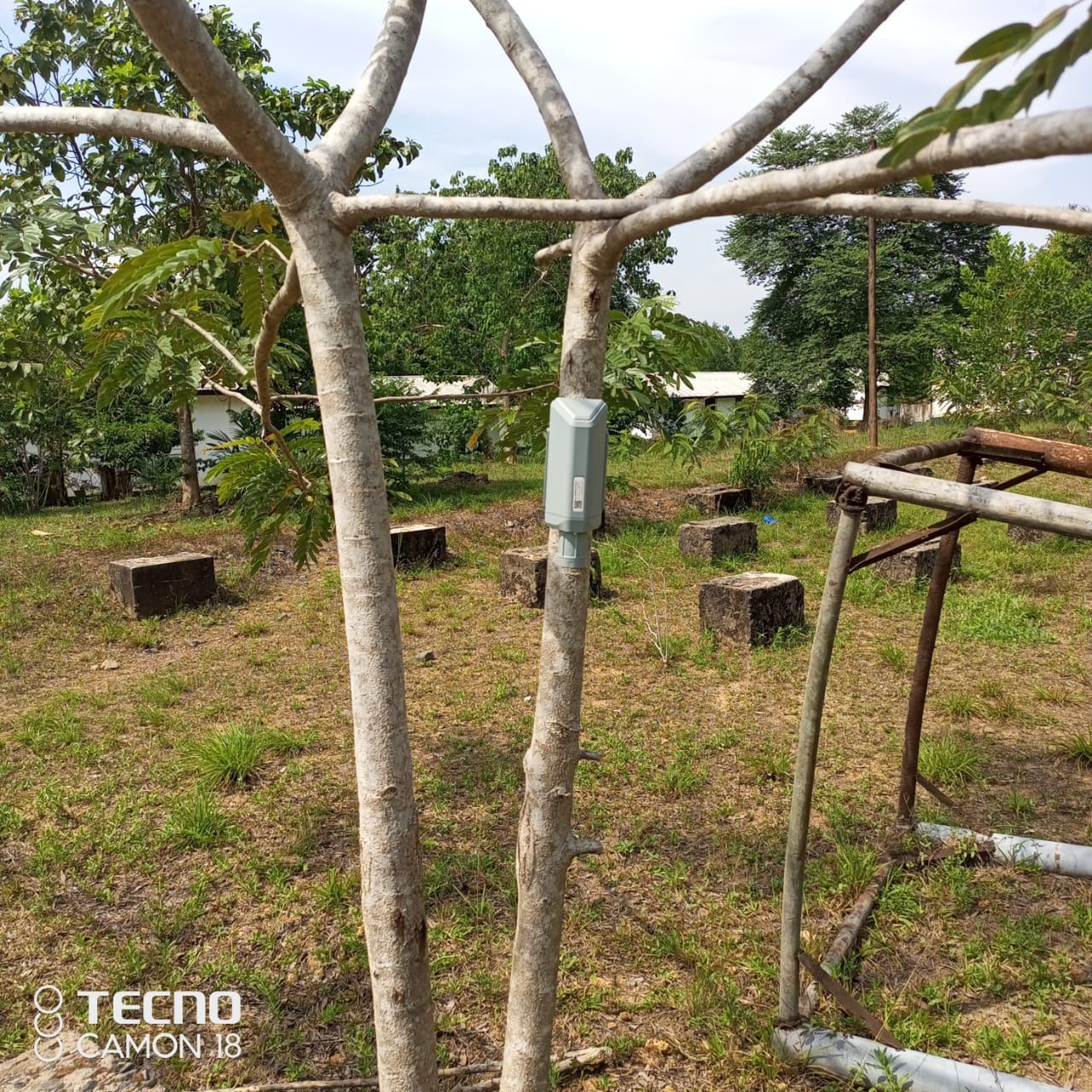
SenseCAP sensors deployed
All the data collected by the sensor nodes are sent to the cloud via the Helium LoRaWAN network via SenseCAP M1 LoRaWAN Gateways. OPEN and the FTI IT Department teams set up a LoRaWAN network infrastructure which accessed the Internet through a cellular router to a local Lonestar mobile carrier. The sensor data from the campus is then shuttled across the Helium Network to our Ubidots and Hitechdb data dashboards for expert review and analysis.
The goal of the pilot project was to test a small scale sensor network in a remote region of the country, and begin to study climate change in a typical Liberian rainforest, while also integrating IoT technology and associated data science programs into the curriculum. In early 2024, the team will redeploy the sensors within the extensive campus arboretum to test network signaling and performance in a more typical Liberian dense rainforest setting. Once deployed, the team will further measure the movement and capture of CO2 gas within the arboretum’s flora consisting of thick rainforest vegetation and indigenous trees, while also measuring carbon exchange from the ground up into the tree canopy and beyond into the atmosphere.
To track and measure the sequestration of carbon from the rainforest, OPEN partnered with the science team of student climate researchers from the University of Maryland’s Department of Atmospheric and Oceanic Science to test out and analyze the collected data sets. This research is being led by Professor Ning Zeng and is being coordinated by Senior BS in Atmospheric and Oceanic Science, Megan Brown, to perform preliminary data analysis.
Through the collaboration, OPEN, and its science research team from the University of Maryland, aim to scientifically monitor native forest flora and trees over two years to more accurately carbon capture, and determine which indigenous species work best in capturing carbon. This research will inform those involved in future regenerative agriculture and reforestation projects in Liberia and the region. The University of Maryland team is also considering some promising new experiments in testing and measuring other carbon capture methods for more permanent carbon storage in rainforests.
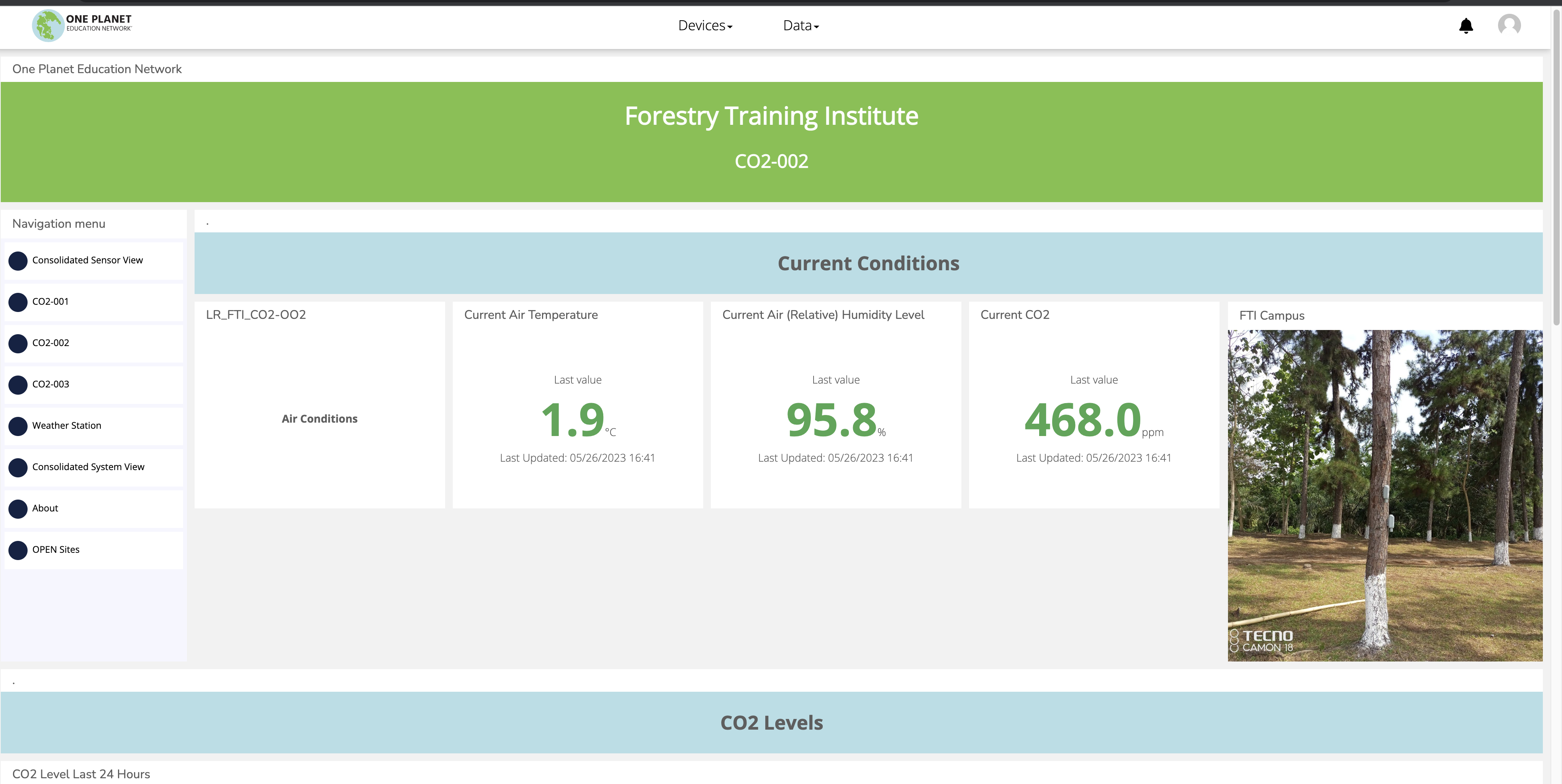
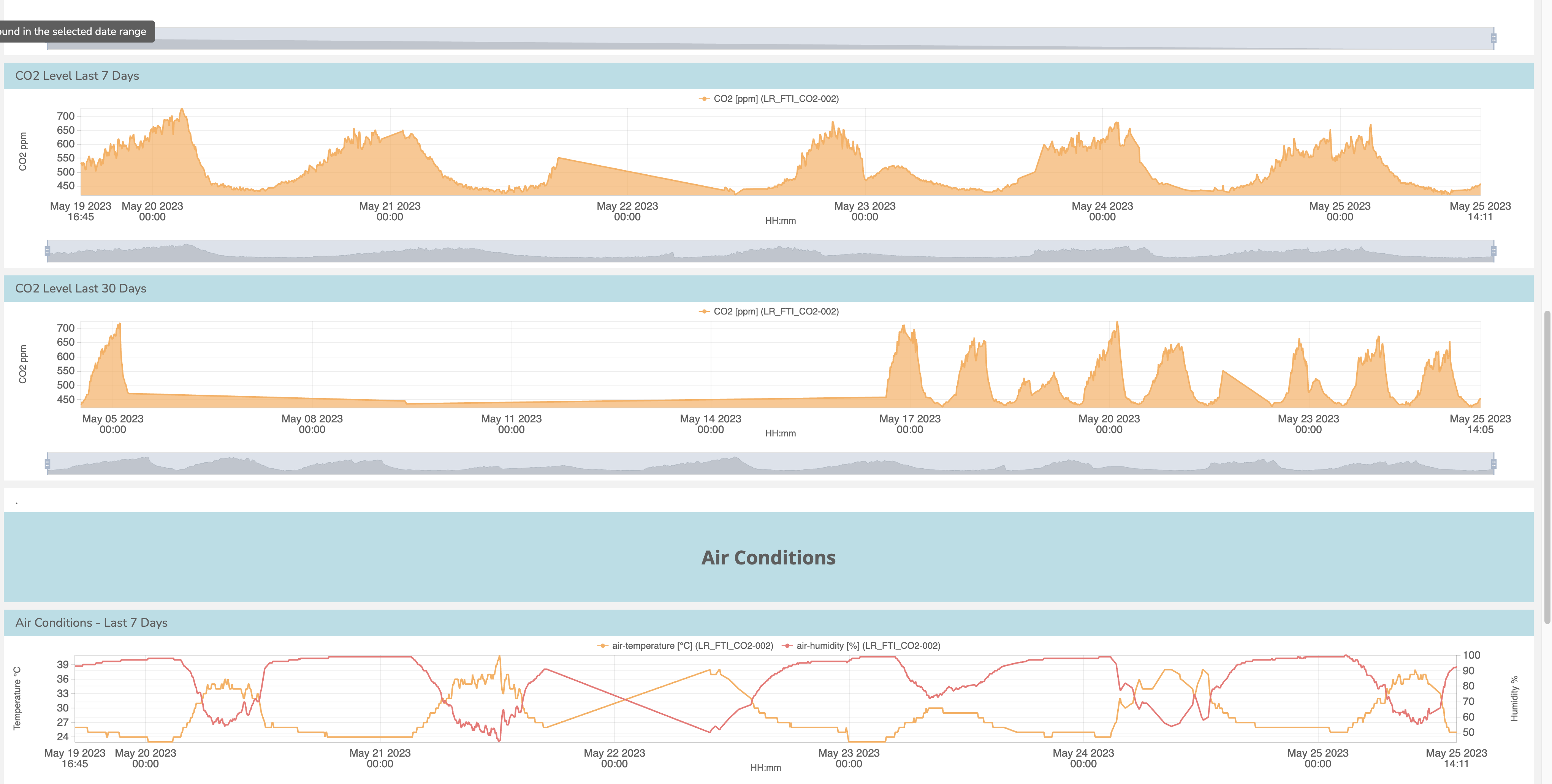
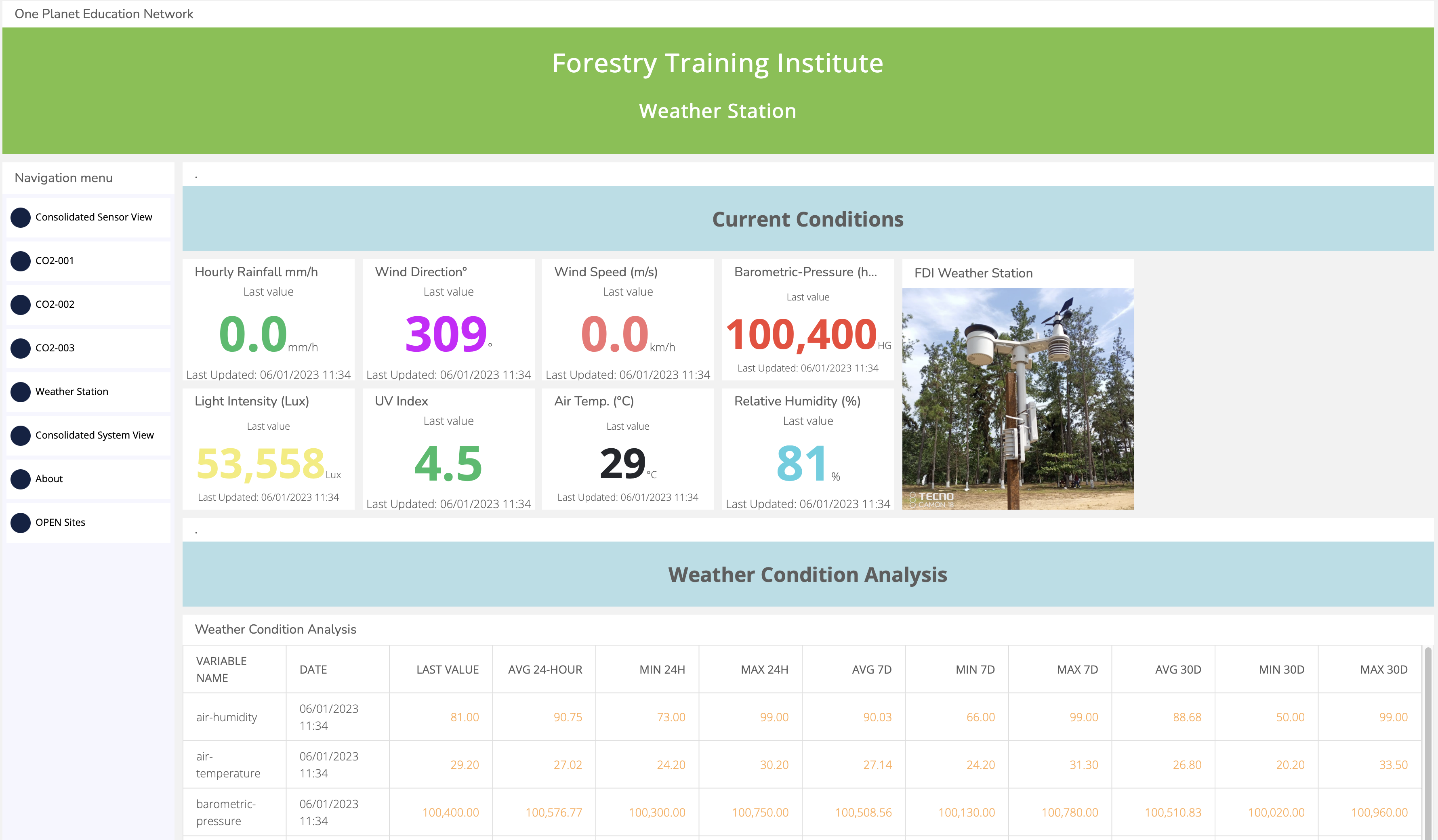
Why Seeed Studio’s SenseCAP
LoRaWAN, short for Long Range Wide Area Network, is a wireless communication protocol designed for low-power, long-range connectivity. It enables efficient and cost-effective data transmission over large distances, making it ideal for applications that require widespread sensor deployment and monitoring in remote and hard-to-reach locations. By leveraging the LoRaWAN technology, OPEN embedded SenseCAP LoRaWAN devices for its low-power consumption, scalability, low cost, and long battery life in this impactful project to collect, transmit, and analyze data from the rainforests, enabling FTI and its clients to view real-time data, make informed decisions, optimize operations, and create innovative solutions.
George Newman, CEO at OPEN comments, “Seeed Studios has been OPEN’s long-term partner, consistently providing exceptional service and support. They deliver reliable equipment that meets specifications time after time. What Seeed offers are not just high-precision, cost-effective IoT systems, backed by a dedicated team, but also their ability to handle emergencies across different time zones is commendable. Additionally, they regularly introduce innovative technology to meet market needs. Seeed Studio is the ideal partner, offering quality products and outstanding support.”
Results
The collaboration between OPEN, and FTI has so far yielded promising results. The project’s preliminary data sets showcase successful monitoring of carbon emissions and provide a foundation for ongoing analysis as we redeploy into the heart of the adjacent arboretum rainforest to campus.
Joel Gamys, President at FTI, Bomi County, Liberia revies, “For FTI, the fruit of such partnership was that even during the 2023 pilot on campus our sensor network set up for testing in a remote Liberian location, also yielded some useful preliminary carbon monitoring data from an analysis by OPEN science teams. We’re grateful for the early outcomes and data generated from the pilot systems deployed in 2023, and we send our thanks to Seeed Studio, and to OPEN and its partners. We intend to work together on obtaining support from funders for climate change research to help us grow our network and research program, and to achieve our goals for this innovative initiative.”
This initiative not only contributes to environmental conservation but also aims to provide concrete evidence for carbon finance organizations, further supporting global efforts and developing countries that are now ground zero for climate change impacts, to be able to offset emissions and promote sustainable practices in their rainforest and agricultural regions.
“With the performance of the technology and the equipment and early results from our small scale 2023 pilot program, FTI now is optimistic about acquiring even more useful and accurate carbon sequestration data from our campus Arboretum in 2024.” continues Joel when talking about the results of the project.
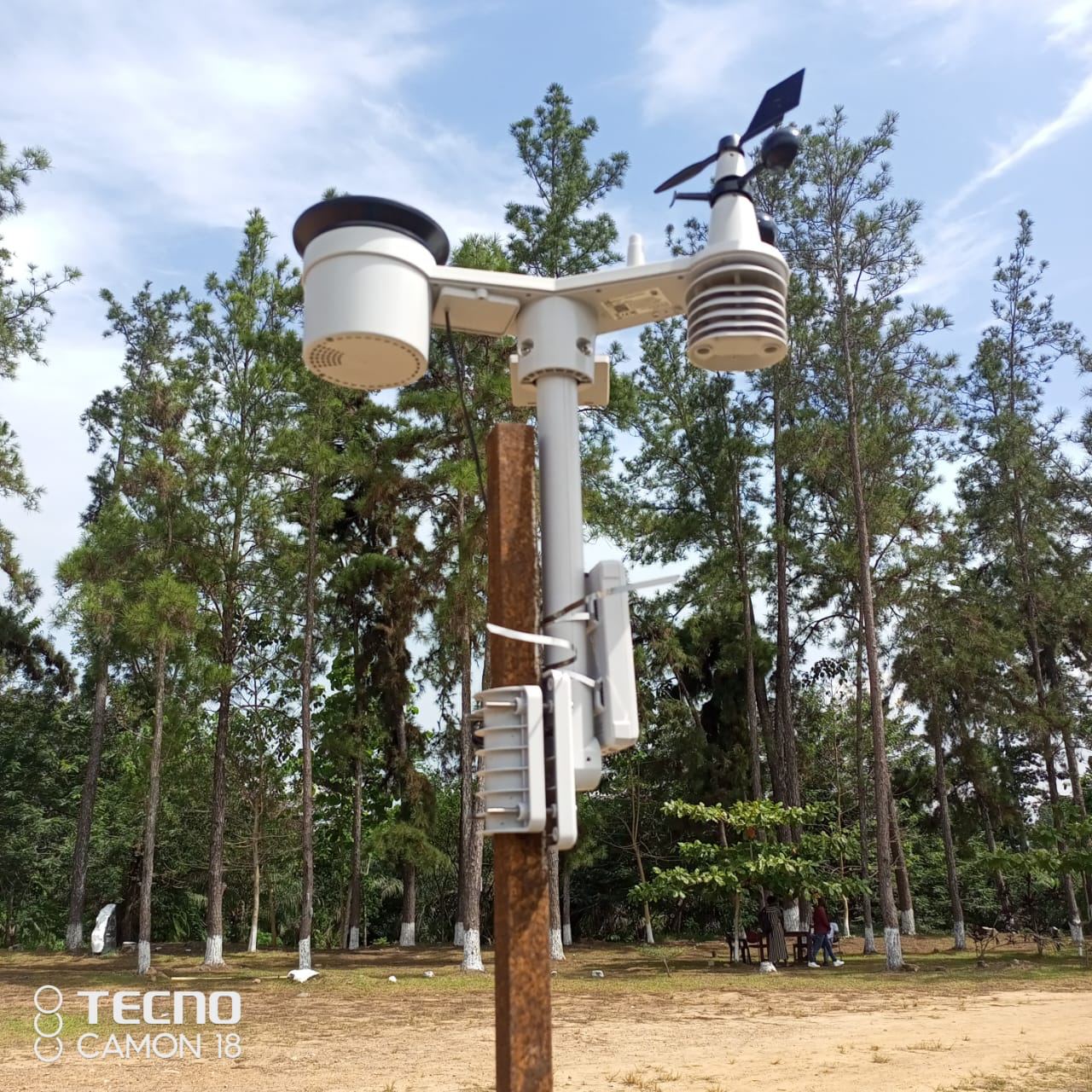
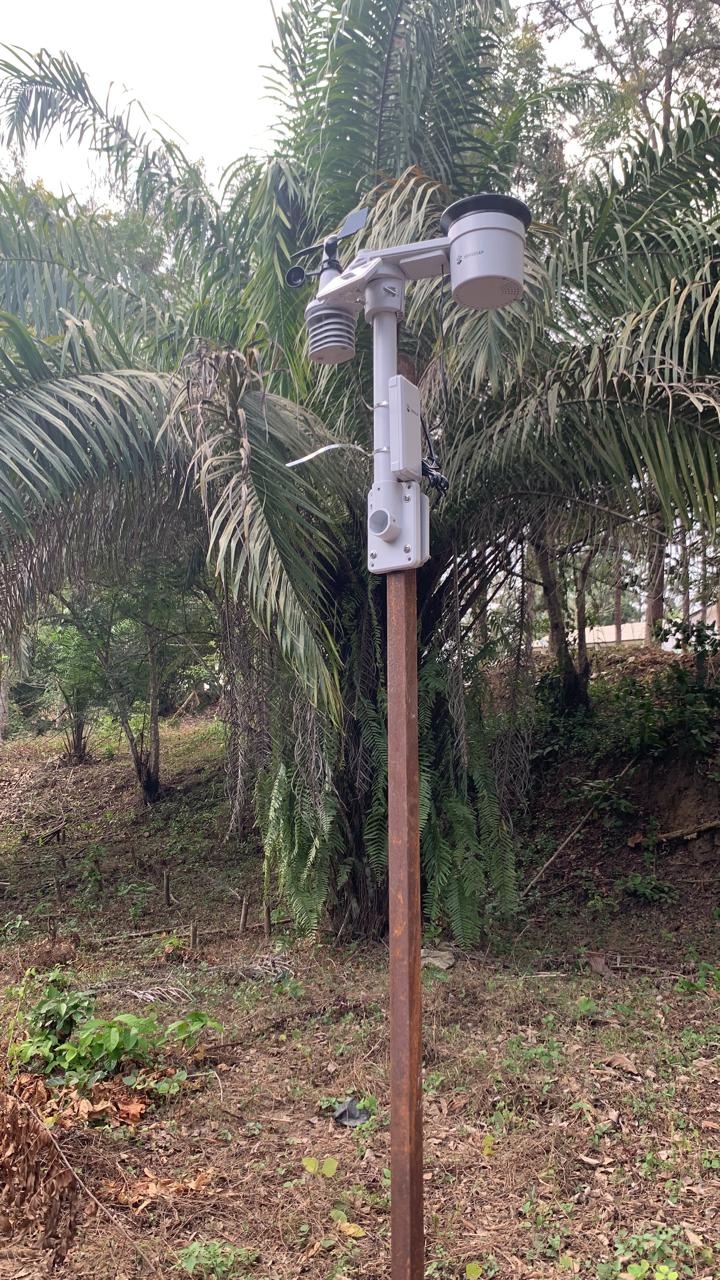
SenseCAP Weather Stations deployed
This project also contributes to the following Sustainable Development Goals (SDG 4, 9, 11, 13, 15, and 17.)

Partners
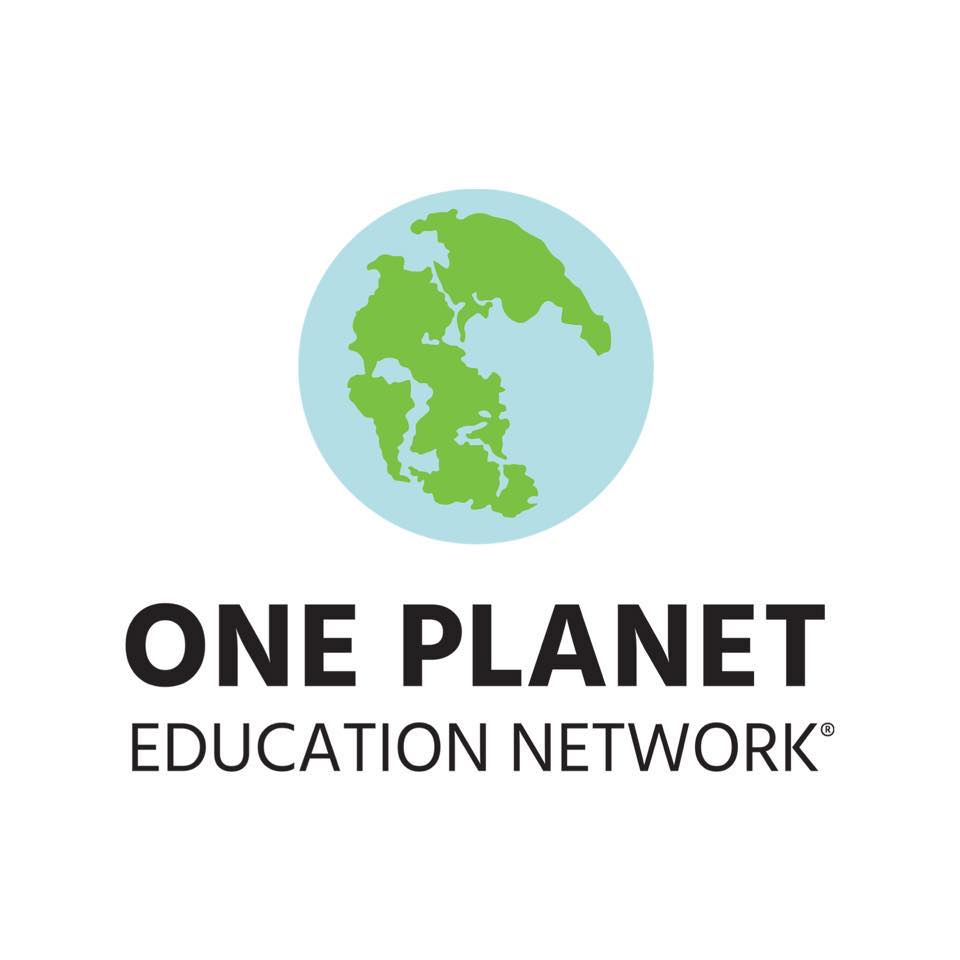
https://www.oneplaneteducation.com/
One Planet Education Network (OPEN) is a global organization dedicated to fostering scientific literacy and cross-cultural understanding through the use of next-generation technologies. OPEN’s mission is to inspire a lifelong passion for learning and to prepare learners worldwide for the 21st-century workplace, which is rapidly evolving due to advancements in AI and Machine Learning. Through various programs, OPEN enables students to apply cutting-edge technologies to solve real-world problems, communicate with peers and experts, appreciate cultural diversity, and learn from traditional and indigenous knowledge. OPEN collaborates with a diverse range of partners, including the Helium Foundation, GLAMOS, and ITU-D, who share its vision and values.
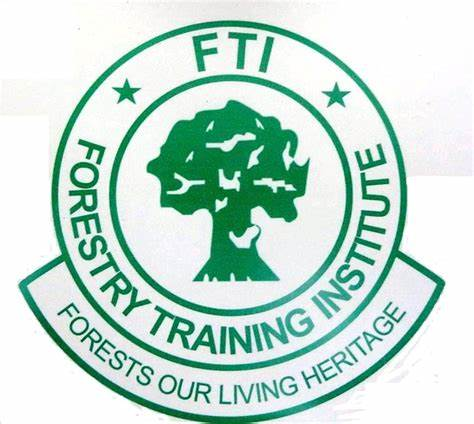
https://www.ftiliberia.org/
Forestry Training Institute (FTI), established in 1976 by the Mano River Union, is a tertiary institution located in Tubmanburg, Liberia. It is dedicated to training middle-level technicians in sustainable forest management and biodiversity conservation. FTI offers a two-year General Forestry diploma with concentrations in Conservation Forestry, Community Forestry, and Commercial Forestry, as well as a one-year program in Geo-informatics. In addition to its educational programs, FTI provides services such as venue rental, plant seedling provision, habitat restoration support, and ecotourism development. Its alumni, dating back to the 1970s, have significantly influenced forestry in Liberia.
More Case Study
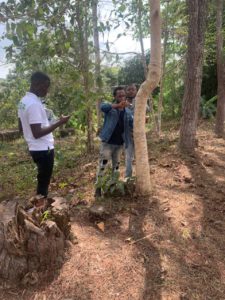
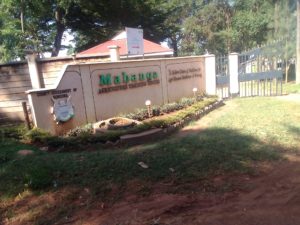
Empowering Agriculture: Regenerative Experiment in Bungoma, Kenya with SenseCAP LoRaWAN Solutions
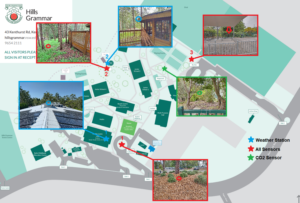
Smart Campus: Enhancing Geography Education at Hills Grammar School with SenseCAP Sensors in Australia
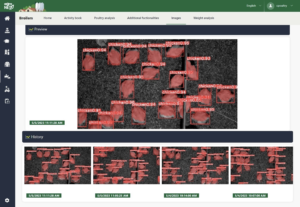
Smart Poultry Farm in Canada: Enhancing Production Efficiency and Animal Welfare with AIoT Technologies
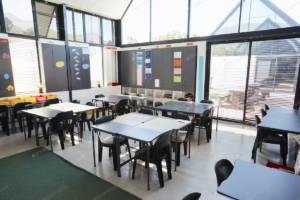
Revolutionizing Classroom Management with IoT and Raspberry Pi
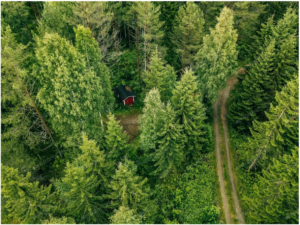
Your blog is my go-to for information on this topic.